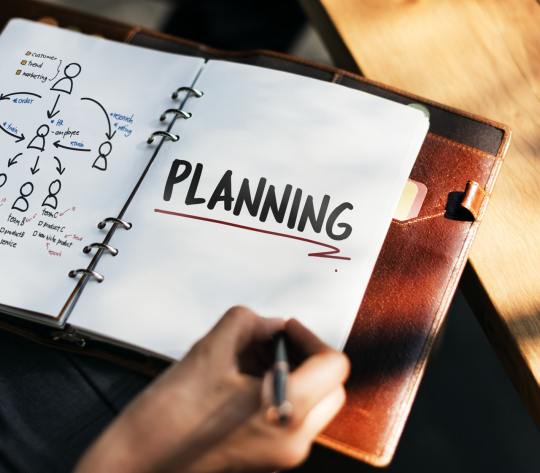Don't wanna be here? Send us removal request.
Text
2019 Estate Planning Tips

Some statistics show over half of adults in the US do not have a will. If disaster strikes, that could cause all sorts of problems.
For example, your children's fate can be left up to a judge if both parents were to pass away suddenly in an accident. Or, in the case of a blended family, assets might not wind up being shared out the way you would want them to be. In one final example, if you were incapacitated, the decisions made about your medical care might not be what you’d want, or might not be made by the person you’d like to have made those decisions.
Estate planning can help save you from those unlucky consequences. Simple estate planning from an attorney makes sense for virtually everybody, even people with few assets. For any pieces of information and services about this topic check this site: (https://wsfaulknerlaw.com/georgia-will/).
State law decides who gets your assets if you die without a will. This may mean that your estate goes to your parents or your siblings if you are single and childless. Your belongings, property, and money may go to your spouse if you are married, or be divided between your spouse and children and any former spouses or children from other partnerships. Your estate goes to your biological family, not your partner if you are a part of an unmarried couple. Oftentimes, the division of assets that state law dictates is not exactly what you desire.
Medic aid estate recovery is particularly important for unmarried couples and families that are combined. State law awards resources to biological relatives when there is no will, and an unmarried partner or step-children will lose out. Blended families may want to split assets between current and previous spouses and children of various partners, or they may not. However you want your assets to flow, you will be able to set your estate up that way. You just need to make sure it is all legally planned out before you pass away.
After you have assembled an estate plan, you must review it from time to time based on changes in your life such as moving, changing jobs, or losing a family member. Regardless of life changes, everybody should check their estate plan at least every five years.
If you are just started to plan your estate, here are some basic steps to follow.
Make a list of your assets and liabilities to ascertain your net worth and what makes up your estate. It makes sense to "do your homework" and research your assets and obligations before meeting with an estate planning attorney because it will save you time and money in legal meetings. Are there life insurance coverages or other resources which will pass outside of probate? If so there can be court proceedings to determine if your will is valid. Do you have a family business? Special provisions will be required to deal with certain assets like a family company in estate plans.
youtube
Which sort of plan makes the best sense? While composing a will makes sense for most individuals, some people might wish to take into account a trust instead, in the event that you own real estate or property in many states.
Will -- a last will and testament decides where your resources that are not in a trust and don't have beneficiaries will be distributed. Your car, your house, your bank accounts or your private possessions might fall into this bucket.
Trust. A living trust serves two functions: It lets you pass on assets without the probate process, and it enables somebody else to handle your affairs if you become incapacitated. Your trust can own your assets including your home and car, almost as though it is an extension of you. If you establish a living trust, you name yourself a trustee, but also you appoint a successor trustee who will take over in the event that you cannot manage your personal affairs or you die.
Find and retain a lawyer to draw up your will and estate plan documents. You can find a good lawyer by asking people you know for referrals to attorneys with estate planning expertise, or you might even utilize referral services provided by your state's bar association or the American Bar Association's interactive attorney referral directory. There are many estate planning resources online, but it is recommended that you consult with a real attorney in person since there is so much nuance involved in estate law, and you are dealing with high-stakes things like your family’s future.
Determine other items that may be different for different people or depend on your stage of life, for example:
Guardianship of minor children: who will your children live with if you pass away, and who is authorized to make decisions on their behalf?
Medical power of attorney: who can make medical decisions on your behalf, in the case that you are comatose or otherwise incapable of making your own choices?
Ownership of shared possessions: If you live with a partner but are not officially married, state intestacy laws mean that they could end up homeless if you die. Instead of letting this happen, make sure that your partner’s name is on the title to your shared home with "joint tenancy with the right of survivorship" or file for a domestic partnership or civil union if your location allows you to.
Planning for the managing of your estate and writing a will can be unpleasant as it may remind you of your mortality. However, estate planning is really a gift you give your loved ones. You are taking an enormous weight off of their shoulders by making certain that your estate isn't dragged through the courts, doesn’t incur unnecessary taxes, and everything is handled just as you want it.
1 note
·
View note